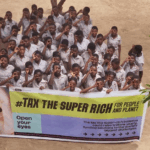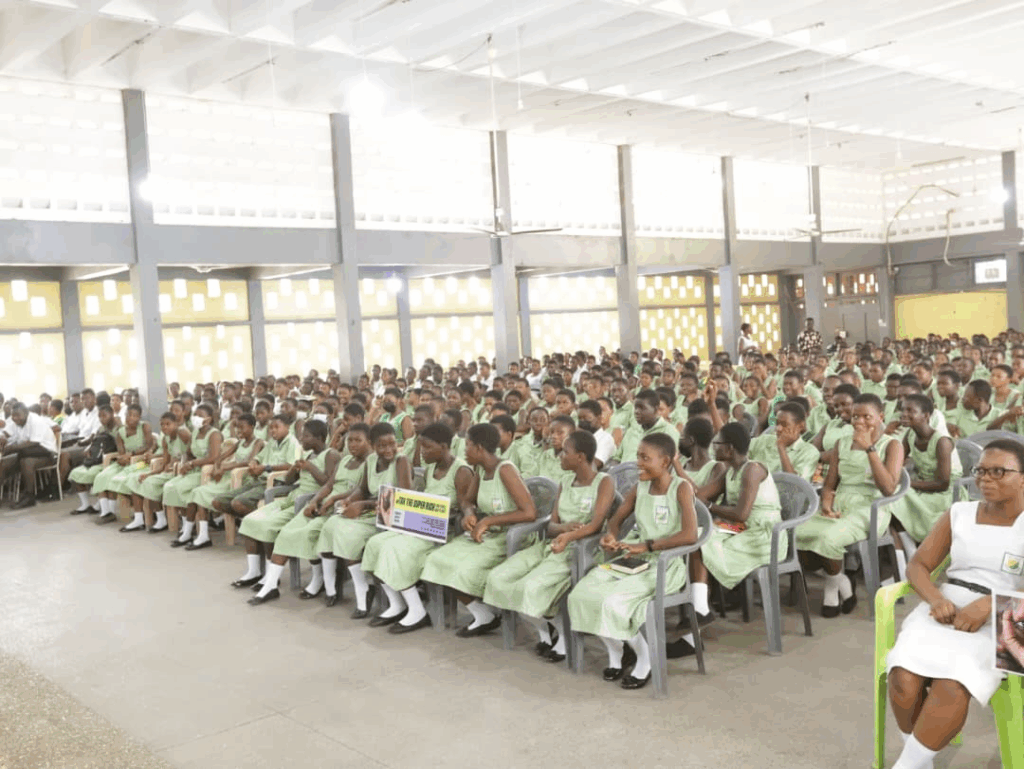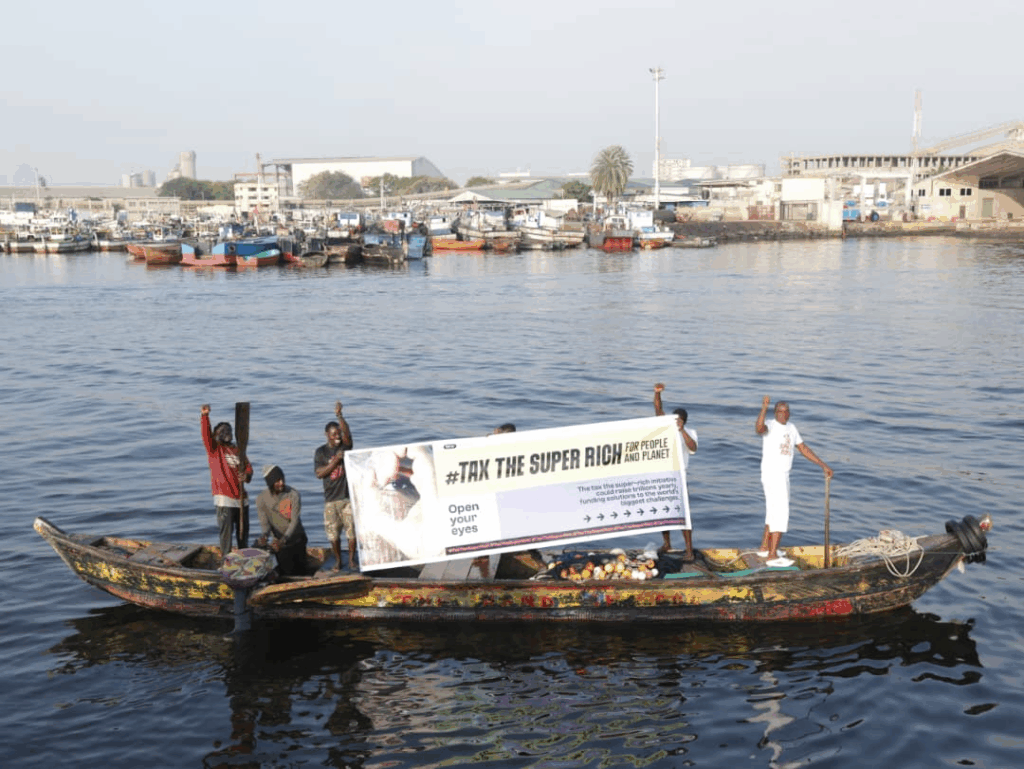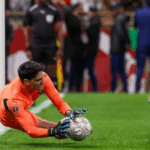
As South Africa leads the G20 Heads of State Summit, you carry more than your nation’s flag; you carry the voice of a continent. For the first time, an African nation sits at the head of the world’s most powerful economic forum. This is a moment to lead with justice, courage, and conviction.
We call on you to be our champion and lead the world in taxing the super-rich for people and planet. The world faces a crisis of inequality so extreme it threatens democracy, peace, and survival itself. The richest one per cent own more wealth than 95 per cent of humanity, a concentration of power that fuels poverty, deepens injustice, and accelerates climate breakdown.
This inequality is not natural; it is the result of choices – political, economic, and moral. A global system designed by and for the wealthy continues to extract from the many to enrich the few. You have the power to shift this harmful norm, impacting the lives of billions of people.
Extreme wealth is not just unfair, it’s dangerous. It corrupts politics, shapes public policy, and undermines our shared reality and future. Across Africa, inequality is escalating at a relentless pace. In 2000, Africa had no billionaires. Today, we have 23, whose combined wealth has soared by 56% in just five years.

Africa’s richest four billionaires hold more than the bottom half of the continent’s 1.5 billion people combined. Meanwhile, nearly 850 million Africans face hunger, and seven in ten people living in extreme poverty on the planet are African.
Africa is rich in minerals, energy, and talent. Yet we are trapped in a global system still shaped by colonial power: wealth flows out, debt piles up, and the poorest people pay the price. For every dollar raised from personal income and wealth taxes, African countries collect nearly three dollars from consumption taxes. Meanwhile, the continent’s wealthiest contribute the least.
A one per cent wealth tax and 10 per cent income tax on Africa’s richest 1% could raise $66 billion annually, enough to provide free education and universal electricity across the continent. These are not radical ideas; they are the foundation of fairness and equity. Fair taxation that targets the super-rich rather than those already burdened by the rising cost of living is crucial.
The voice of young people and workers in the streets of countries like Kenya and Madagascar is a powerful testimony to this call for change.
The truth is clear: the wealth exists, but it remains concentrated instead of shared.
Around the world, the tide is turning. Economists, global leaders, and even millionaires are calling for taxing extreme wealth to fund public services and climate action. From Cape Town to Nairobi, from Lagos to Accra, citizens are rising to demand justice. Through art, music, protest, and storytelling, we are shaping a new narrative for tax justice. We are saying: the era of wealth hoarding and public suffering must end.

Your Excellency, we call on you to use your G20 presidency to put this agenda on the global stage. We urge you to publicly champion a simple, transformative idea: taxing the super-rich for people and planet. President Ramaphosa, this is Africa’s moment to lead. We stand ready to support you. The world is watching.
Be our champion, Mr. President. Lead with courage. Lead for Africa. Lead for all of us.
In Ghana, the AbibiNsroma Foundation formally petitioned the Embassies of South Africa High Commissions. It also held Community engagements, school engagements, and engagement with fisher folks. The campaign demands Tax the super Rich and that governments prioritise people over profit and transition to renewable energy.


